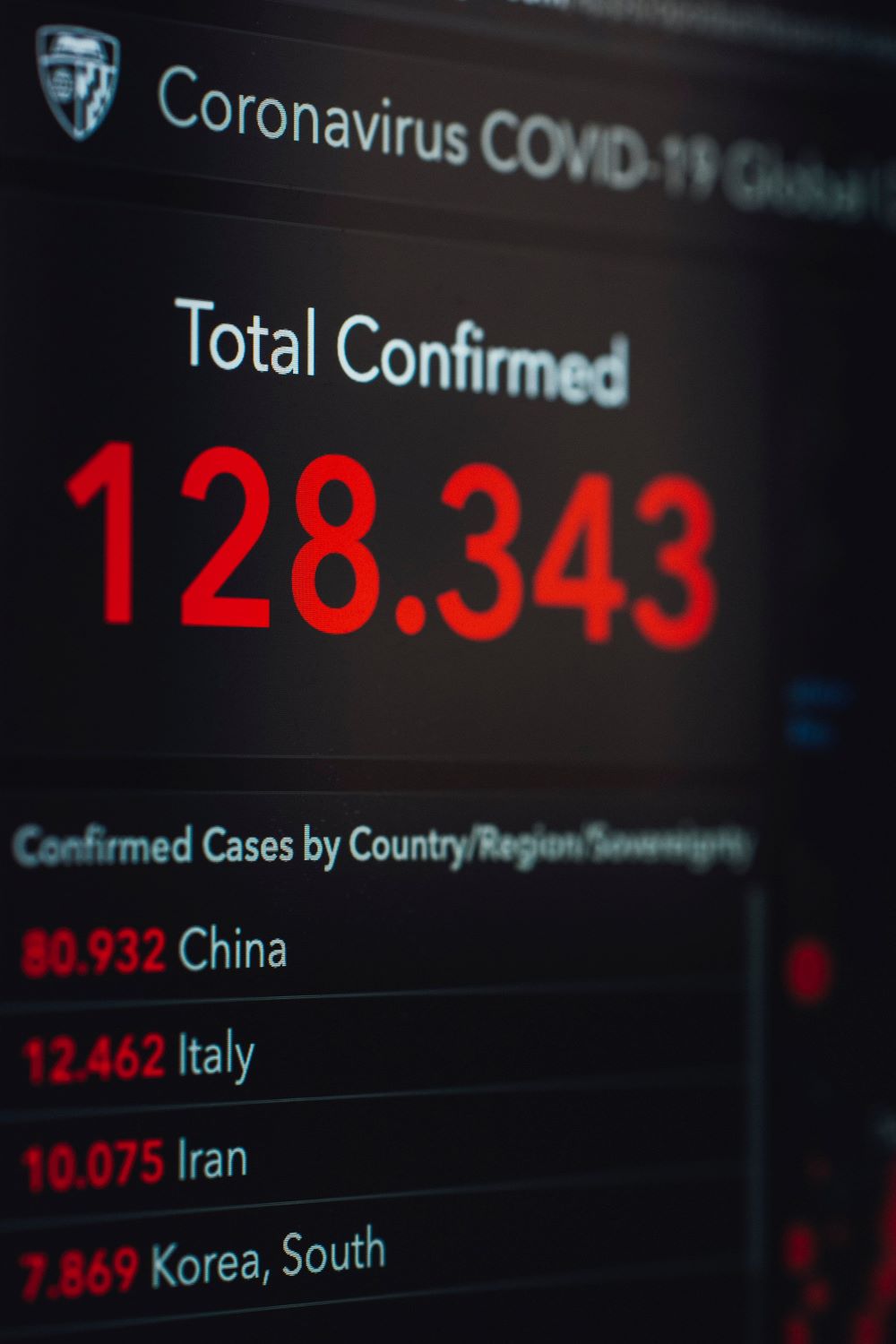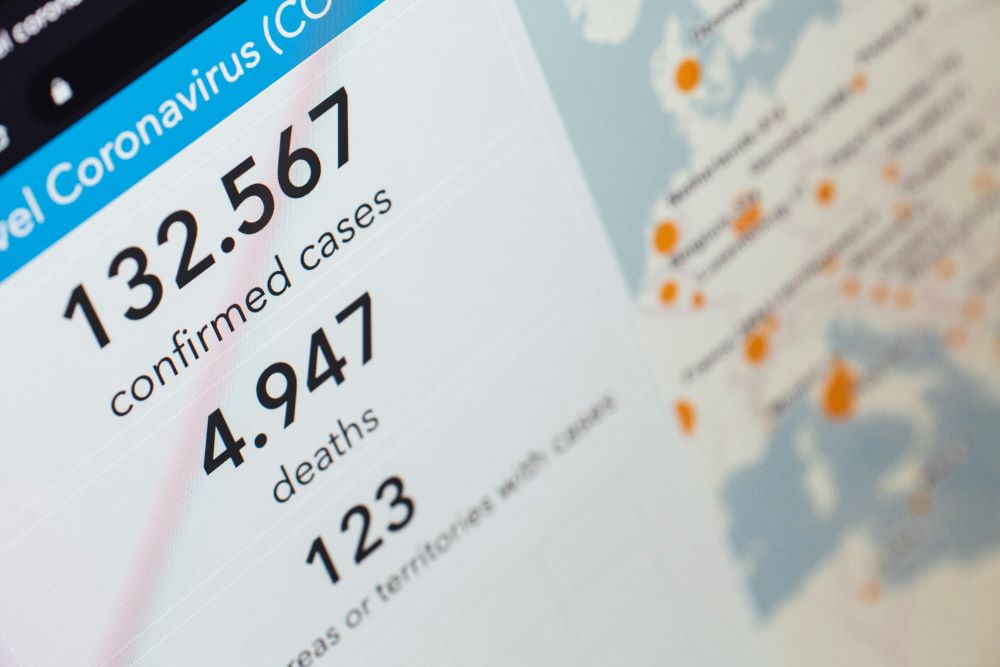Daily Exposure to COVID News Negatively Impacted Mental Health

Daily Exposure to COVID News Negatively Impacted Mental Health
The COVID-19 pandemic unleashed a wave of uncertainty and fear across the globe. People sought information and connection, and social media became a lifeline for many. The outbreak of SARS-CoV-2 led to widespread quarantine measures and social distancing, amplifying the role of social media as a primary source of news and communication among families and friends.But this increase in social media use had a flip side: it spread false rumors and misinformation, endangering the public's health. The World Health Organization (WHO) emphasized the need to combat the "infodemic" by fact-checking information before sharing it to prevent negative consequences.Moreover, the consumption of distressing news media, which significantly increased during the pandemic has been shown to have had detrimental effects on mental health. It's against this backdrop that the study aims to investigate the immediate impact of daily exposure to COVID-19 news on mental health in the early stages of the pandemic.Greater daily exposure to COVID-19 news was associated with higher same-day and next-day worry about the pandemic. This suggests that the constant influx of pandemic-related information contributed to heightened anxiety levels. Interestingly, greater exposure to COVID-19 news also correlated with elevated same-day optimism about the pandemic. However, some studies suggest that this optimism did not extend to the next day. This suggests that while news consumption can have both beneficial and detrimental effects, its impact is not always enduring.
 Photo Markus Spiske from Pexels
Photo Markus Spiske from Pexels
Sources:
How did exposure to news on COVID-19 through social platforms impact psychological health and behavior? The Mental Health Impact of Daily News Exposure During the COVID-19 Pandemic: Ecological Momentary Assessment Study The Impact of COVID-19 on the Behaviors and Attitudes of Children and Adolescents: A Cross-Sectional Study
About Sara E. Teller
Sara is a credited freelance writer, editor, contributor, and essayist, as well as a novelist and poet with nearly twenty years of experience. A seasoned publishing professional, she's worked for newspapers, magazines and book publishers in content digitization, editorial, acquisitions and intellectual property. Sara has been an invited speaker at a Careers in Publishing & Authorship event at Michigan State University and a Reading and Writing Instructor at Sylvan Learning Center. She has an MBA degree with a concentration in Marketing and an MA in Clinical Mental Health Counseling, graduating with a 4.2/4.0 GPA. She is also a member of Chi Sigma Iota and a 2020 recipient of the Donald D. Davis scholarship recognizing social responsibility. Sara is certified in children's book writing, HTML coding and social media marketing. Her fifth book, PTSD: Healing from the Inside Out, was released in September 2019 and is available on Amazon. You can find her others books there, too, including Narcissistic Abuse: A Survival Guide, released in December 2017.
